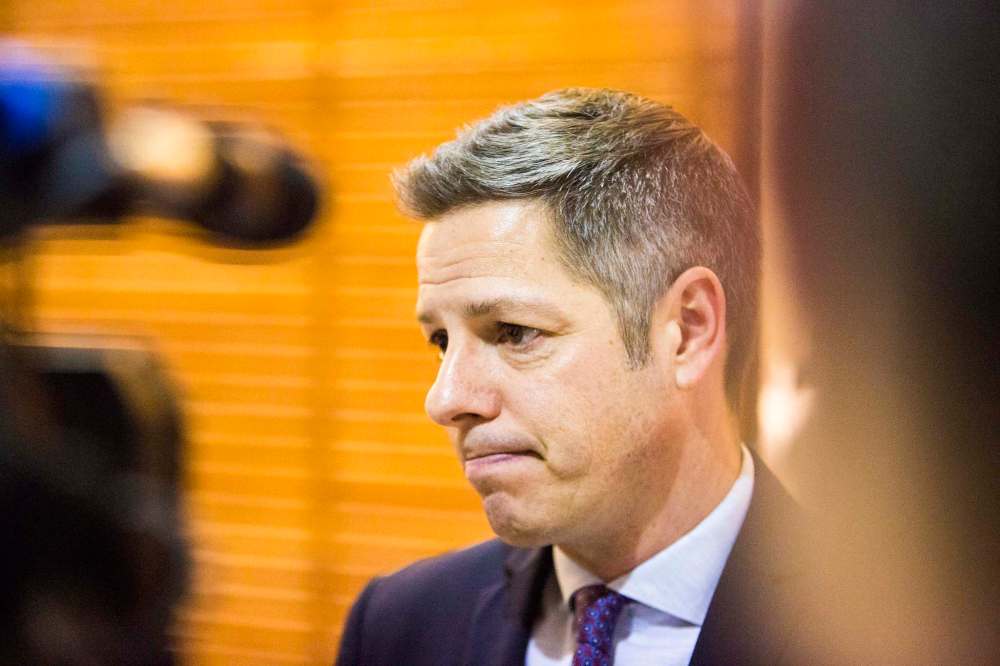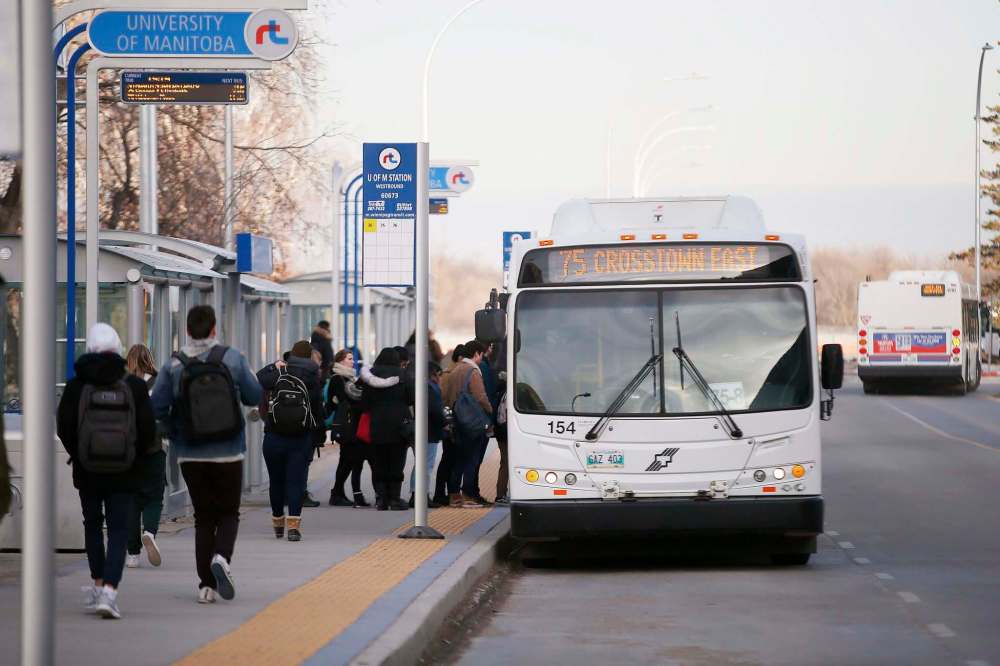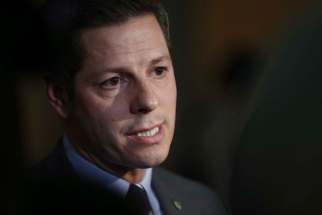City council should lead charge into core services review
Read this article for free:
or
Already have an account? Log in here »
To continue reading, please subscribe:
Monthly Digital Subscription
$0 for the first 4 weeks*
- Enjoy unlimited reading on winnipegfreepress.com
- Read the E-Edition, our digital replica newspaper
- Access News Break, our award-winning app
- Play interactive puzzles
*No charge for 4 weeks then price increases to the regular rate of $19.00 plus GST every four weeks. Offer available to new and qualified returning subscribers only. Cancel any time.
Monthly Digital Subscription
$4.75/week*
- Enjoy unlimited reading on winnipegfreepress.com
- Read the E-Edition, our digital replica newspaper
- Access News Break, our award-winning app
- Play interactive puzzles
*Billed as $19 plus GST every four weeks. Cancel any time.
To continue reading, please subscribe:
Add Free Press access to your Brandon Sun subscription for only an additional
$1 for the first 4 weeks*
*Your next subscription payment will increase by $1.00 and you will be charged $16.99 plus GST for four weeks. After four weeks, your payment will increase to $23.99 plus GST every four weeks.
Read unlimited articles for free today:
or
Already have an account? Log in here »
Hey there, time traveller!
This article was published 26/11/2019 (2210 days ago), so information in it may no longer be current.
There’s one thing we can count on as Winnipeg winds its way through the latest budget process: proposals to cut key services will continue, as long as city council tries to be all things to all people.
There’s been talk for years at city hall about doing a true core services review.
Administration has reviewed what services it’s mandated to deliver under provincial legislation. But it has never combed through all the services funded, and the tens of millions in subsidies and grants it hands out every year, to decide what it should keep and what it should drop.
City hall spreads itself too thin. By doing so, it compromises core services such as transit, street maintenance and garbage pick-up.

As part of Winnipeg’s four-year budgeting process, officials are considering shutting off some street lights and cutting bus services, but they still plan to subsidize sports organizations and fund the arts — areas that are clearly not core city services. Some libraries are on the chopping block. Yet the city is subsidizing provincially-regulated daycares.
Elected officials have shied away from doing a real core services review because it’s hard work. It’s controversial. There isn’t always a clear answer when it comes to deciding what is and what is not a core city service. Unpopular decisions would have to be made.
City hall spreads itself too thin. By doing so, it compromises core services such as transit, street maintenance and garbage pick-up.
The alternative is worse. In order to continue down the path of trying to be all things to all people, the city would have to make further cuts to core services such as park upkeep and street maintenance — as it is doing now. Emergency services, such as policing and fire/paramedic, would be next. (So far, those areas are still getting two per cent annual increases in the next four-year budget.)
The other option is to accelerate tax hikes. Property taxes have been growing by 2.33 per cent a year recently. Sewer and water rates have soared, as city hall continues to siphon over $30 million a year in “dividends” from the utility into general revenues. Frontage levies have gone up. And an “impact fee” on new residential areas has been imposed.
Are Winnipeggers, who already pay among the highest provincial taxes in the country (a portion of which is used to fund city operations), prepared to dig even deeper into their pockets? It’s doubtful.
Few would argue services such as transit, policing, fire, street repair, and greenspace maintenance are core city responsibilities.
What about the more than $43 million in grants the city hands out annually to social service agencies, theatre groups, environmental organizations, housing rehabilitation programs, and school divisions? Most are worthwhile and important programs. However, the city doesn’t have the tax base to fund them all — especially since the vast majority fall under provincial or federal jurisdiction.

Should the city still be in the arts-funding business, which has been a sacred cow at 510 Main St. for years? Or should that be left to senior levels of government?
Why is the city still subsidizing businesses, including through tax increment financing; which often funnels millions into for-profit building projects? Is the city really in a position to subsidize a convention centre? Do property taxpayers really need to pay for money-losing golf courses?
Those are questions city council has been loath to answer.
What about the large inventory of properties the City of Winnipeg owns and maintains that don’t house civic programs? City hall subsidizes 85 not-for-profit organizations, including daycares, through rent-free accommodations. In some cases, the city even pays the operating costs (including insurance).
Most, if not all, of the programs that operate in those buildings fall under federal or provincial jurisdiction. The cost to the city, including capital upgrades: $6 million a year.
City council needs to review the full scope of the services it funds. It shouldn’t be up to unelected bureaucrats to chip away at existing services when faced with budgetary pressures. Value judgements need to be made by elected officials on what the city can no longer afford to pay for.
It’s a tough job, but it’s what they signed up for.
tom.brodbeck@freepress.mb.ca

Tom has been covering Manitoba politics since the early 1990s and joined the Winnipeg Free Press news team in 2019.
Our newsroom depends on a growing audience of readers to power our journalism. If you are not a paid reader, please consider becoming a subscriber.
Our newsroom depends on its audience of readers to power our journalism. Thank you for your support.









